Who are We?
Who are We?
Nothing was more tedious for me as a student than the requirement to memorize dates and events of the past. What’s so important about the past, anyway? As an avid reader of science fiction, I was much more interested in the future.
No one has been more surprised than I, here in the latter part of my life, that I have written two history books.
Events of the past, I have decided, are important, but they are the surface of history. Depth of understanding what happened comes with examining the people of the time, the decisions they made, the actions they took or didn’t take, and the situations/beliefs that formed them.
Events are sterile. We are hard wired to care about people.
The people of our past are stories that we can identify with and connect to even across time. We need to understand what made them who they were. Hearing their experiences, their wisdom, and even their mistakes teach us what is important and possible.
Women’s stories are particularly valuable because women seem to slide through the cracks of history. A circle of women in Birmingham’s 1960s braved their fears and the intense pressures of society to break through racial barriers and effect real change. They were not the power players in their world. It was (and to some extent, still is) a man’s world. Learning how they created leadership roles inspired me. Today, women are again being constrained. It is especially important that young girls, struggling to understand who they are and who they could be, hear these stories.
Both of my history books are about civil rights days in Birmingham, Alabama. Writing and researching them has changed me in profound ways I can’t articulate yet.
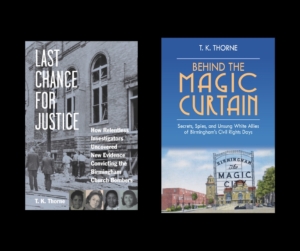
But it has become too clear that I am living days that will be studied by future historians. Already, many books have been written. But the historical events and the people influencing them are still in play. And we have no idea what will happen.
Too many people have not heeded the warning that ignoring history dooms us to repeat it. That we are repeating it seems very clear.
The past is echoing.
Loudly.
Heartbreakingly.
Right now.
Deciding who we are in this moment is difficult because things are (as usual) complicated.
But we will be called on to decide anyway. This moment is tenuous (or exploding if you live in Ukraine or the Middle East), but even here in the US, the place that is supposed to be safe and a refuge for all, we must decide who we are and who the terrorists are.
Our president recently said, “You can’t give up what makes you who you are. If you give that up, then the terrorists win. And we can never let them win.” –
So, who are you? Who are we?

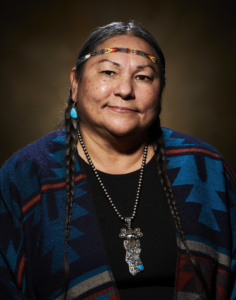
 Lately, I’ve felt the urge to rant at car manufacturers for hurting my eyes the way my singing had hurt my son’s ears. Have you noticed the garish colors of so many new cars? Some are the equivalent of chalk on a blackboard, shrieking and shrill, while others can only be described as homages to the scatological. What were they thinking? We’re living in a world that bombards us 24/7, causing us to yearn for anything soothing, whether it’s soft clothing, comfort foods, or escapist fiction.
Lately, I’ve felt the urge to rant at car manufacturers for hurting my eyes the way my singing had hurt my son’s ears. Have you noticed the garish colors of so many new cars? Some are the equivalent of chalk on a blackboard, shrieking and shrill, while others can only be described as homages to the scatological. What were they thinking? We’re living in a world that bombards us 24/7, causing us to yearn for anything soothing, whether it’s soft clothing, comfort foods, or escapist fiction. Has psychology done an about-face? If the screaming oranges, greens, and yellows aren’t bad enough, the other group is awful in another way. I really don’t want to drive around in a vehicle that reminds me of the last time I changed a diaper or hovered over the porcelain throne with stomach flu.
Has psychology done an about-face? If the screaming oranges, greens, and yellows aren’t bad enough, the other group is awful in another way. I really don’t want to drive around in a vehicle that reminds me of the last time I changed a diaper or hovered over the porcelain throne with stomach flu.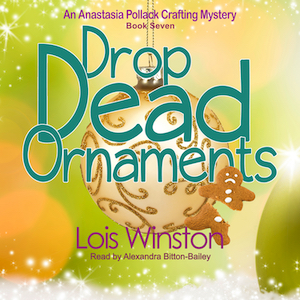
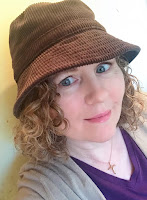
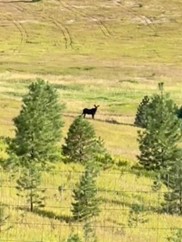
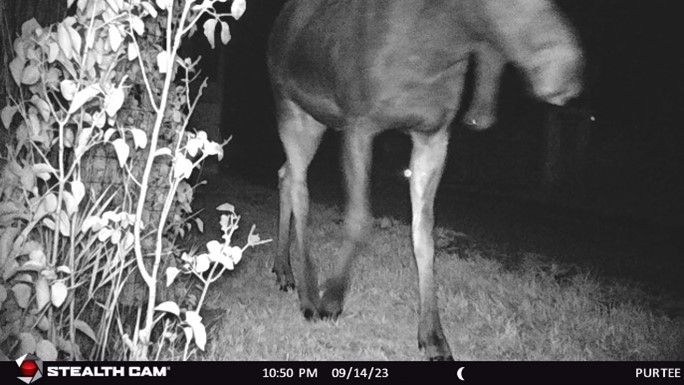
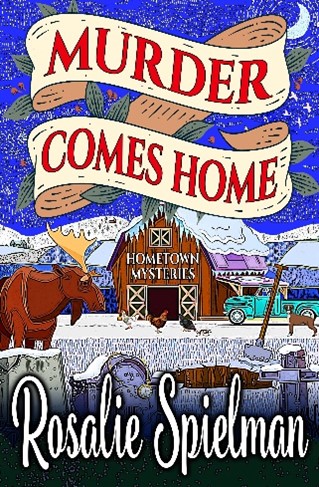
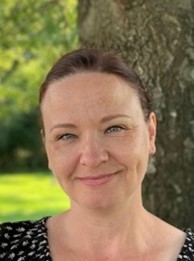
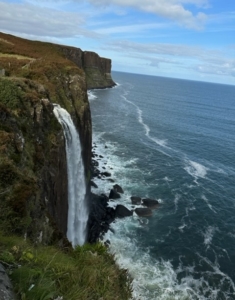 We started in Edinburgh, traveled north to Loch Ness and Inverness, then farther north to Ullapool, the Isle of Skye and the Isle of Lewis. And finally, we headed back south to Loch Lomond, Glasgow and then back to Edinburgh to fly home.
We started in Edinburgh, traveled north to Loch Ness and Inverness, then farther north to Ullapool, the Isle of Skye and the Isle of Lewis. And finally, we headed back south to Loch Lomond, Glasgow and then back to Edinburgh to fly home.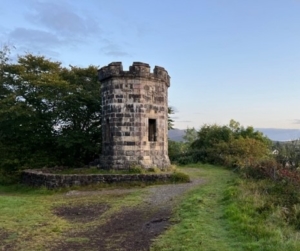


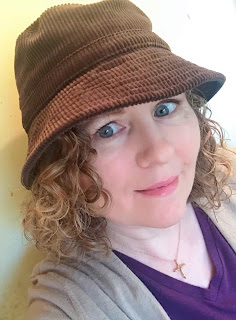

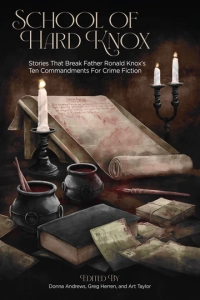



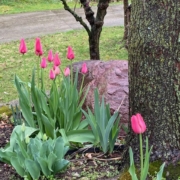
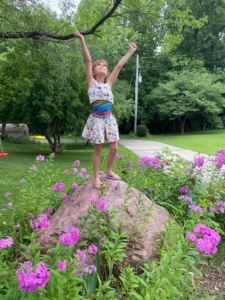
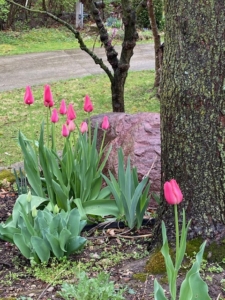

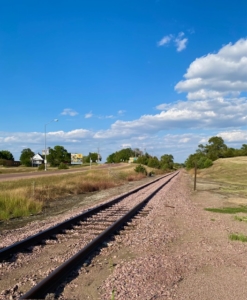
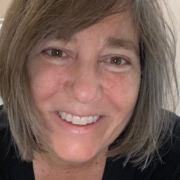 Barbara J. Eikmeier is a quilter, writer, student of quilt history, and lover of small-town America. Raised on a dairy farm in California, she enjoys placing her characters in rural communities.
Barbara J. Eikmeier is a quilter, writer, student of quilt history, and lover of small-town America. Raised on a dairy farm in California, she enjoys placing her characters in rural communities.